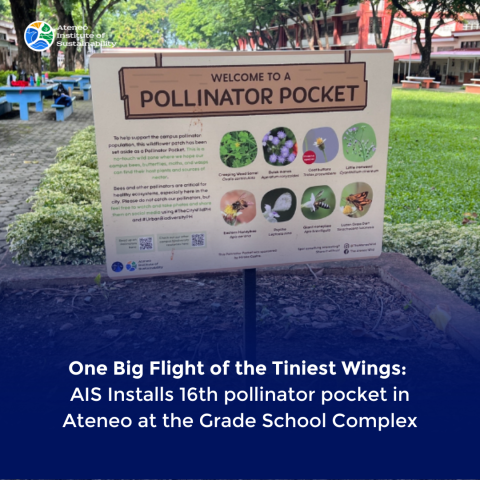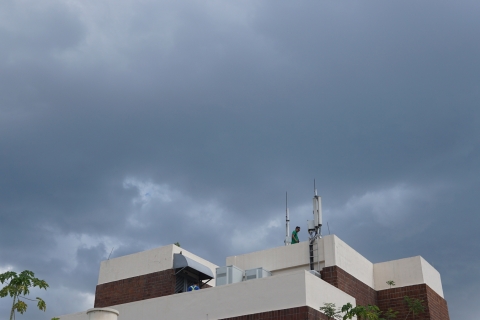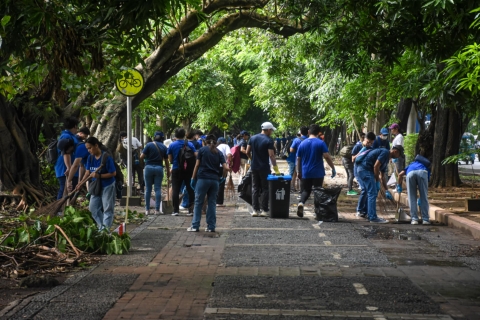Biodiversity Lab concludes BIO-PHIL project with back-to-back collaborative workshop modules
14 Dec 2022
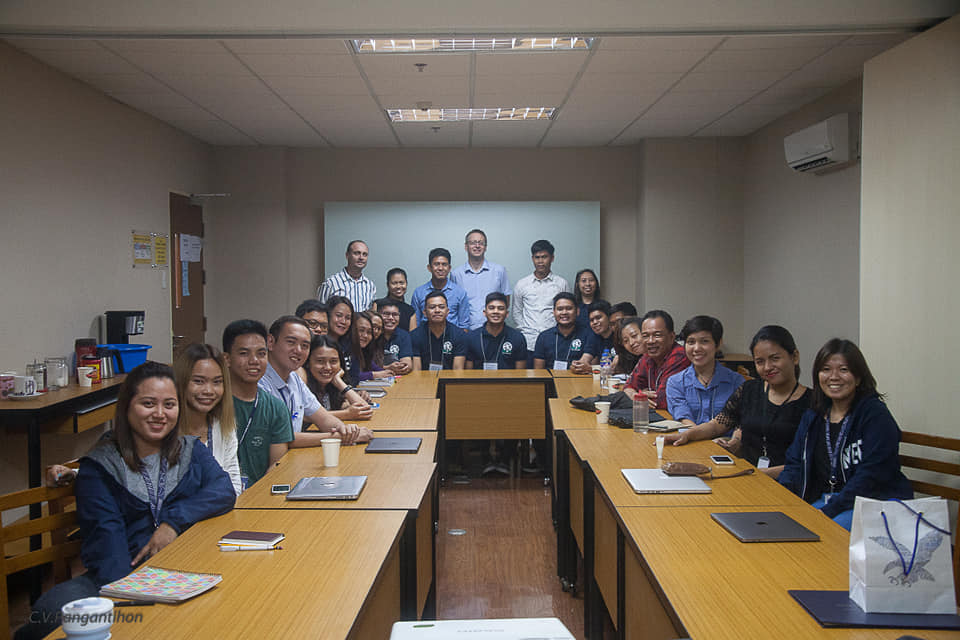
The Ateneo Biodiversity Research Laboratory hosted back-to-back workshop modules to wrap up its five-year international collaborative project on Biodiversity Teaching in a Philippine – Cambodian – German Network (BIO-PHIL). Following the format of the first three modules in the previous years, the last two modules aspire to train and empower graduate students, research assistants, and junior faculty members from consortium members in their teaching and conducting biodiversity research such that it is at par to recognized global standards.
BIO-PHIL Module 4 entitled “R software, GIS, biogeography, and morphometrics” introduced the participants to an array of software-based analyses commonly performed in various biodiversity laboratories across the globe and widely accepted in peer-reviewed journals. The speaker-facilitators of Module 4 from November 2 to 7 were Mr Samuel Bernardes and Dr Thomas von Rintelen from Museum für Naturkunde Berlin (MfN)’s Center for Integrative Biodiversity Discovery, as well as Dr Ronald Cruz and Dr Hendrik Freitag from AdMU. Participants were handed actual research data to be analyzed in the hands-on workshop, which is the core of the BIO-PHIL modules.
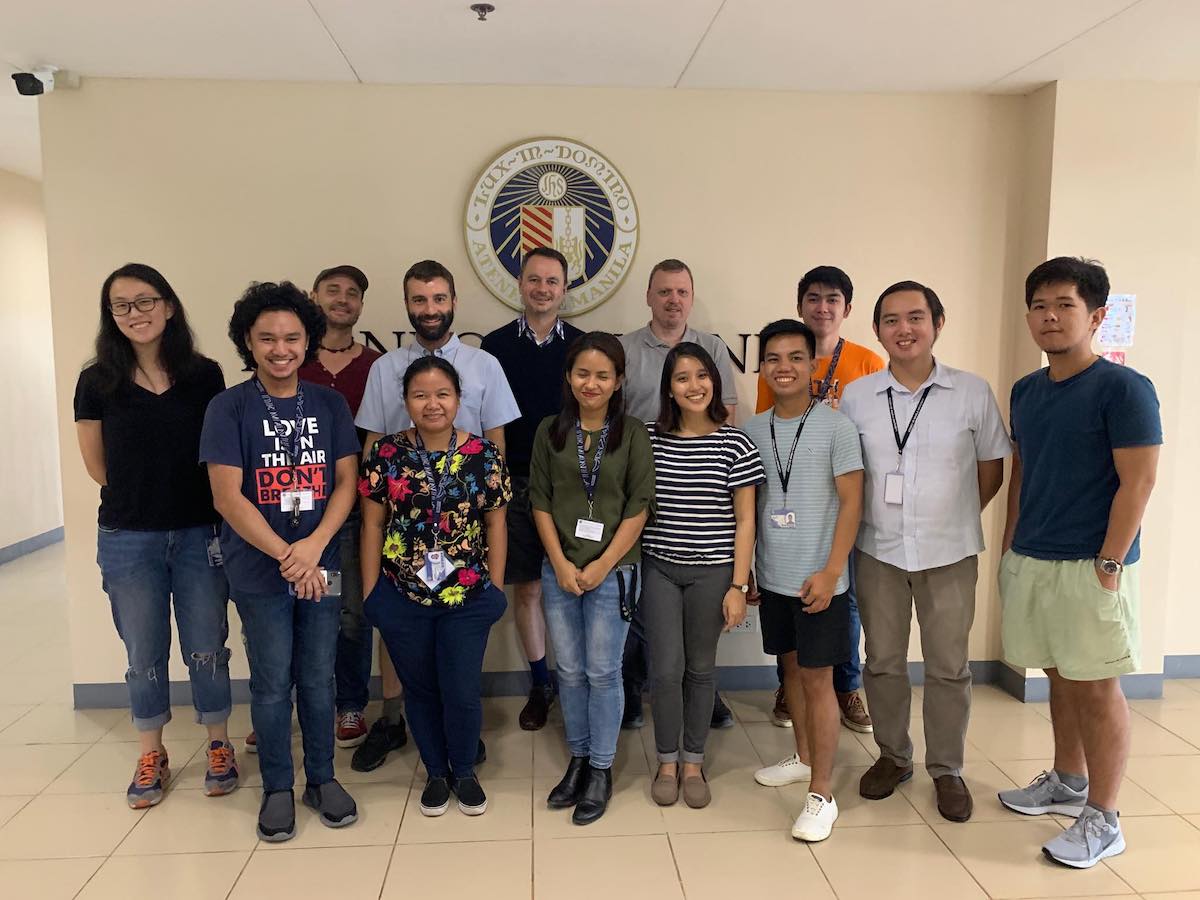
Meanwhile, BIO-PHIL Module 5 entitled “Biodiversity data management and imaging” was conducted last November 14 to 18. The resources speakers were Mr Eran Wolff (MfN), Dr Thomas von Rintelen (MfN), and Dr Jayson Ibañez (Philippine Eagle Foundation). This module included a hands-on training on appropriate macroscopic and microscopic digital imaging techniques for actual specimens part of participants’ research works. Given that BIO-PHIL aspires to leverage the quality of biodiversity research and teaching in Southeast Asia, the speakers also discussed the international standards for biodiversity data, which is vital for publication of thesis work of graduate students. Similar to the previous workshop modules, the topics from Modules 4 and 5 will be integrated to different courses in member universities.

Since June 2018, various BIO-PHIL activities including three workshop modules, collaborative field works, and research visits have been organized with the goals of increasing the qualification of instructors from the BIO-PHIL network-consortium members for teaching and biodiversity research and of building an academic qualification scheme for such. The consortium is primarily composed of Ateneo de Manila University, Xavier University – Ateneo de Cagayan, Father Saturnino Urios University, National Museum of the Philippines, Royal University of Phnom Penh, and Museum für Naturkunde Berlin.
Seeking to contribute towards the attainment of UN Sustainable Development Goals 4, 14, and 15, BIO-PHIL was born to empower Philippine and Cambodian researchers who, prior to the project, have been taking a side role in biodiversity projects. With the training and resources from the project, the capacity of Southeast Asian researchers is leveraged. While the teaching modules and mobility programs under the project has run its course, the collaboration among the member institutions of the consortium will continue.
BIO-PHIL is generously funded by the German Academic Exchange Service (DAAD). Dr Thomas von Rintelen (MfN) served as its overall coordinator while Dr Hendrik Freitag (AdMU) served as the Philippine Country Coordinator. Other AdMU faculty and staff who played integral roles in varying capacity to the success of BIO-PHIL since its conception were Dr Emmanuel Delocado, Dr Jhoana Garces, and Mr Clister Pangantihon.




